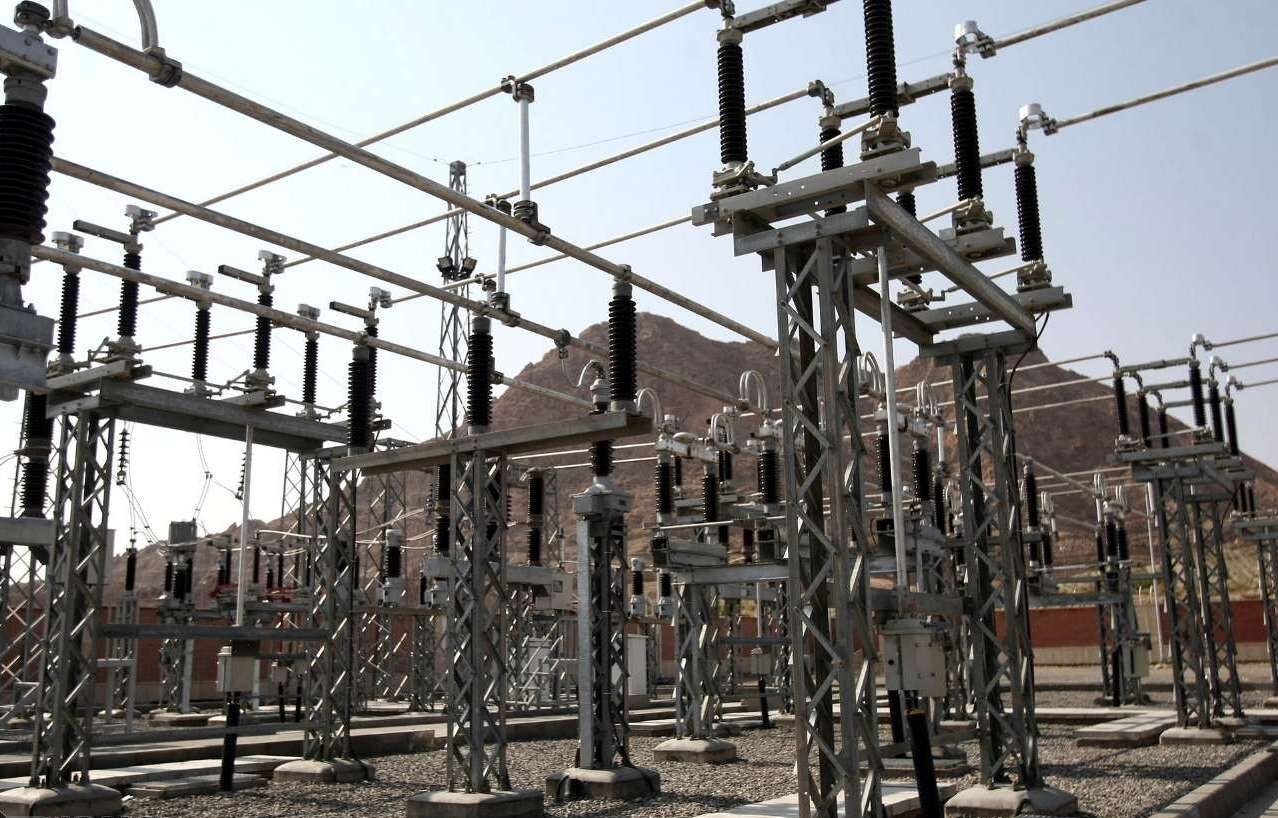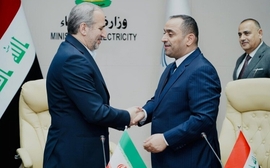Iranian experts will soon engage in reconstructing and repairing the power plants of some regional states, despite US sanctions.
“Negotiations have been held with some regional countries for repairing power plants by Iranian experts and some of these contracts have been finalized”, Managing Director of Iran Power Plant Repairs Company Einollah Salehi said, the Iranian news agency IRNA reported on March 15.
He said that lots of power plants’ equipment, namely turbines are now manufactured domestically, adding that despite the fact that sanctions and limitations created a problem for supplying some materials and equipment from abroad, Iranian experts have designed and reproduced important parts.
Salehi underlined that steam turbine shafts have been designed for the first time in Iran, adding over the last three months, about 22 rotors of steam, gas turbines, and generators have been reconstructed.
The main activities of Iran Power Plant Repairs Company are reconstructing and upgrading manufacturing equipment, operating and maintaining power plant units, as well as oil, gas, petrochemical, refinery, cement, sugar, and rail industries.
Over 95 percent of the power plant equipment and much of the equipment in the Iranian electricity and water industry are homemade.
On January 14, Mohammad-Vali Alaeddini, the director-general of the Satkab Company affiliated to Iran’s Ministry of Energy said the company is involved in activities in Syria and Iraq and added that Iran’s membership in the Eurasian Economic Union (EAEU) provided a good opportunity for the company to expand engineering services to the region.
He said that Iran can compete with the best companies in the world in repairing power plants, and added that the Islamic Republic has surpassed countries like Russia in the production of gas generators turbine and is among the best in the world.
Satkab can repair different kinds of steam, natural gas, combined-cycle, incineration, and turbines of generators, as well as make strategic parts of power plants.
Iranian companies have recently constructed the 220-megawatt (MW) Sangtuda-2 hydroelectric power plant in the Central Asian country of Tajikistan. Iran has also embarked on a project to construct a hydroelectric power plant at Tajikistan’s Rogun Dam.
Currently, Iranian companies are participating in several major projects in Syria’s electricity industry, including a gas-fired power plant project in Aleppo. The Iranian largest energy construction company MAPNA Group is engaged in the construction of the 540-MW combined-cycle power plant in Latakia, based on the deal signed in October 2018.
Iran is going to repair damaged electric transformers and turbines of power plants in another Central Asian country of Afghanistan, based on a memorandum of understanding (MOU) signed in August 2019. The two countries are also considering the realization of 16,000 MW potential of renewable energy projects in border areas.
The Iranian energy firms are also active in neighboring Iraq, and Tehran is one of the main suppliers of electricity to the Arab country. Iranian electricity and gas imports comprise around 30-40 percent of Iraq’s power supply. Iraq imports 1.2 gigawatts (GW) of Iranian electricity into its power grid and takes around 1.5 billion cubic feet per day of Iranian gas through pipelines in the south and east to feed power stations.
Based on a memorandum of understanding (MOU) for cooperation in the energy sector signed in December 2018, Iran is going to help the Iraqi side with developing and overhauling their power plants and electricity grid while improving the Arab country’s electricity grid management system.
Despite the imports, Iraq has been unable to meet its electricity needs, because of undeveloped gas reserves, flaring of associated gas and an aging and debilitated power sector that suffered extensive damage from Islamic State attacks and needs upgrades of transmission and distribution networks, according to Arab Weekly.







 Russian peacekeeping forces, deployed in the Karabakh (Garabagh) region of Azerbaijan since 2020, have commenced their withdrawal from the area.
Russian peacekeeping forces, deployed in the Karabakh (Garabagh) region of Azerbaijan since 2020, have commenced their withdrawal from the area.
 The number of evacuees from flooded areas in Kazakhstan has reached 97,852 people, including about 32,856 children since March 27.
The number of evacuees from flooded areas in Kazakhstan has reached 97,852 people, including about 32,856 children since March 27.
 The Islamic holy month of fasting, Ramadan comes to an end this week with the celebration of a joyous festival called Eid (meaning “festival” in Ar...
The Islamic holy month of fasting, Ramadan comes to an end this week with the celebration of a joyous festival called Eid (meaning “festival” in Ar...
 Iran's senior military leaders described the drone and missile attack on Israel on April 14 night as “successful".
Iran's senior military leaders described the drone and missile attack on Israel on April 14 night as “successful".
 Azerbaijan officially unveiled the logo for the upcoming 29th session of the Conference of the Parties to the United Nations Framework Convention o...
Azerbaijan officially unveiled the logo for the upcoming 29th session of the Conference of the Parties to the United Nations Framework Convention o...
 Iranian President Ebrahim Raisi warned Israel that it would face a "real and extensive" response if it makes any "mistake" following Tehran’s missi...
Iranian President Ebrahim Raisi warned Israel that it would face a "real and extensive" response if it makes any "mistake" following Tehran’s missi...



